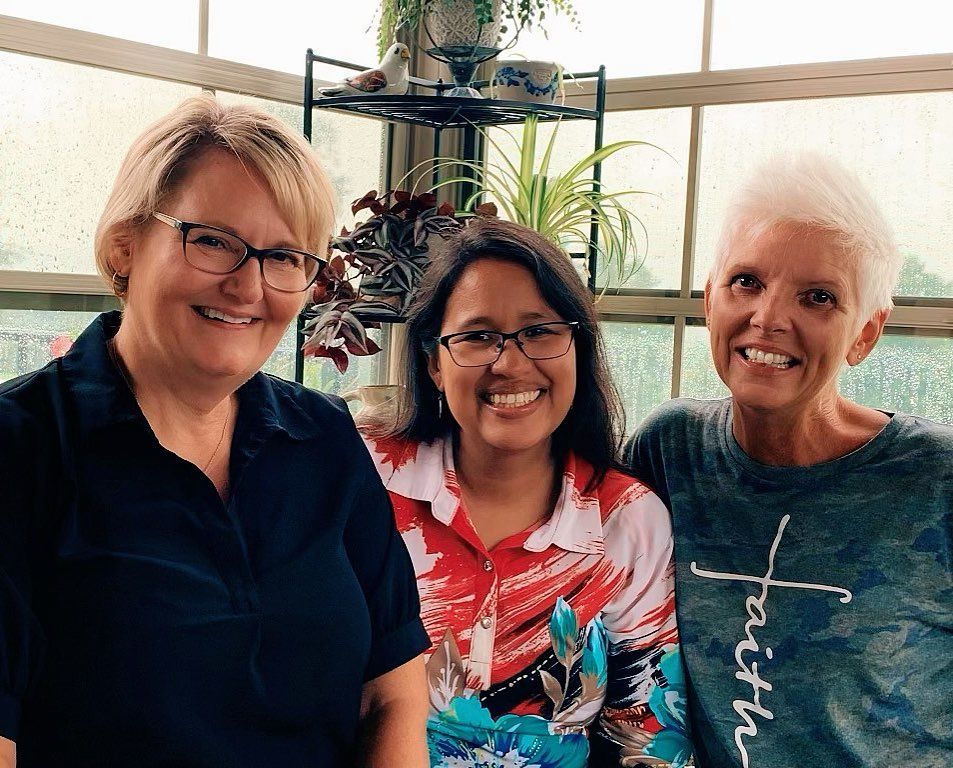Father Damien was a Roman Catholic Priest from Belgium who lived in the mid to late 19th century. Although he originated from Europe, he spent the latter half of his life living and ministering to the people of Hawaii. He spent time with them, established leaders in the community, and supported them for many years. Why does this matter? Well, the interesting thing about Father Damien is not really about what we did, but rather where he did it.
You see, Father Damien was not leading his ministry in commonly known places such as Maui or Oahu. Instead, he led his ministry in a settlement of lepers on the Kalaupapa Peninsula of Molokaʻi. These lepers were exiles, banned from the rest of civilization.
In 1873, Father Damien began his ministry of simply doing life with the exiles. He helped build infrastructure, ate with them, and even dressed their wounds. In fact, he was so committed to the colony that he stayed there until he died in 1889. Cause of death? Leprosy.
This story is not a fairy tale, and you may say it is quite sad. However, it reveals to us many things. Here are two things we can take away from the life and ministry of Father Damien.
1. Empathy Isn't Safe
Father Damien showed what it looks like to empathize. Empathy forces you to join someone in their struggle and to sacrifice your own comfort for the love of another person. Empathy is not easy, passive, or safe. In fact, much risk and discomfort can result from empathy.
Physically coming alongside someone else and asking the question, "How can I actually help you?" could possibly be enough to keep you from empathy. What if helping them requires more than you are willing to give? What if asking about their needs means you have to do something about it? If you're honest, these are real concerns, and yet you must understand that empathy requires a change of perspective. Even better yet, it requires a change of focus.
In order to empathize, your personal comfort can no longer be the focus of your life. Instead of looking at your own problems, turn your attention to those around you, and your problems may start to look a bit more dim in the light of someone else's.
However, if you are being honest with yourself empathy is often still not desirable, and it is definitely not safe.
2. Empathy is Needed
Empathy isn't safe but it is definitely needed. If you look around, you will see that people are hurting. If you don't see anyone, you aren't looking hard enough. However, this real problem in the world still begs the question, "Why is empathy needed?"
People are hurting, yes, but what is our responsibility to help them? If you are a Bible believing Christian, the golden rule may or may not be be sufficient in your mind. However, our responsibility to empathize goes back to not only the teachings of Jesus, but also his actions.
If empathy means to share in the sufferings of someone else, then we should look no farther than the cross. The act of a mortal dying on a cross does not save anyone, however what Jesus did was more than just take part in a routine Roman crucifixion. 1 Peter 2:24 says, '"He himself bore our sins" in his body on the cross, so that we might die to sins and live for righteousness; "by his wounds you have been healed."'
In essence, Jesus took on our sins on himself and was treated as if they were his own. He felt the weight of sin, the pain, and he ultimately gave his life out of his love for us. Jesus looked at our lives and realized that we were hopeless without intervention.
Due to the sacrifice of Christ, our sins and imperfections have been paid for. Like Peter says, "by his wounds you have been healed." In a similar way, we have the ability to join others in their suffering. We may not have the power to give salvation to others through our actions, but we can profoundly impact the lives of desperate people through our sacrificial love.
Both Jesus and Father Damien show us how to love people in the midst of their struggle. They show us how to take on the burdens of others and make them our own, and they show us what real empathy looks like. Empathy is not only knowing the trials of another person, but stepping into them and experiencing the pain itself.
So, who can you serve? Who can you suffer with? Because people are hurting, and you have something to offer them. Take action, join someone in their suffering, and from this point on choose to reflect the sacrificial love of Christ to everyone you lead.


